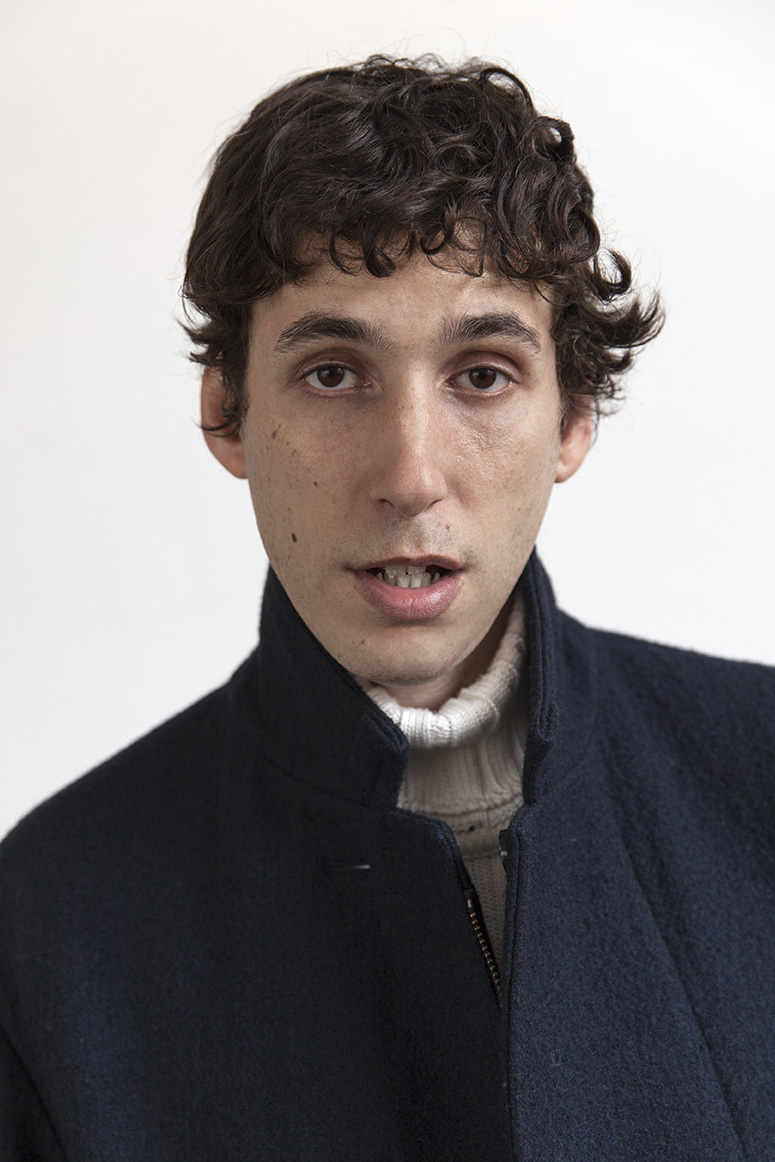O — Listening to your albums, they each feel definitively like a certain time in New York. Like, the first Virgins album definitely feels like—I don’t know if you went to the Beatrice—but it feels like the Beatrice. Then you move on to 2012-2013 and it feels another way...
DC — Yeah, yeah. That’s the thing. When we made that first record, I was part of New York in a different way. My friends, my peers, we were all around the same age. We were all going out to the same places, having the same experience, getting a little bit of attention for what we were doing in different mediums, all these exciting, interesting, different kinds of creative people doing things, and I was a younger guy. Now I have pretty much no connection to whatever the young people are doing. You know, obviously there’s cool stuff going on and I am aware of it, but I’m not part of that scene, and so the music that I make I think reflects my life, and what’s honest and happening for me now. That’s the thing about music. The way that music is marketed now, everything revolves around what could be the most cutting-edge trend in relevant youth culture. And it’s so transparent. It’s just this shameless, suspended adolescence, and I don’t know, I’m just so not interested. You would think that people would want to grow up and move on. Well, at least I did.
O — What were your influences on Out Calls Only?
DC — This album, more than anything I’ve made, really came out of the kind of things I was going through at the time. Like my marriage ending, moving out of our apartment, the band splitting up—a lot of emotional upheaval and change. Because I had these recording dates and I was working on this record, that just kind of ended up being exactly what the record was about. Which, I’ve never had that experience before.
O — Having grown up in New York and seen it change, do you still think it’s a good place for young creatives?
DC — I don’t know. I mean, there’s definitely young creative people here doing interesting things. There’s wonderful young artists, all these emerging designers, emerging musicians doing cool things, so I would be really reluctant to say that it’s not. It’s obviously not the place that I grew up in or the place that, you know, I was inspired by, but that’s only true for me. Do you know what I mean? For me, I feel like New York is just this devastated place that I don’t even want to get into, but for someone else who doesn’t have that history I’m sure that it can be just as inspiring. Finding ways to get around this crazy fucking mall culture and super-utopia that New York has become must be interesting and exciting for young people, because you know, there’s plenty of young people who know that’s bullshit and don’t want to have anything to do with it. And you have to be creative to figure out how to survive here, because it’s so fucking expensive.
O — It’s funny though, because New York’s become more suburban in that way—where it’s like you’re fighting against this kind of banal element.
DC — Yeah.
O — Where it’s like you’re finding your voice in amongst, like, shopping malls. New York wasn’t like that as much even ten years ago.
DC — No, but I mean, there’s still a resistance. There’s definitely an artistic community in there. I think, maybe, the contrast grows more pronounced the more that it just becomes the same crazy, big, mundane piece of real estate.
O — Can you ever imagine living anywhere else?
DC — Yeah. I mean, I try to live other places all the time.
O — Have you actively tried?
DC — Yeah. [laughs]
O — Really? [laughs] Where’d you try to go?
DC — I tried living on a farm in British Columbia. Hay farm. No animals. Made it through, like, a month and a half in California. I’m all for moving out of here, I just gotta figure it out. For whatever reason, I always end up back here. – END
